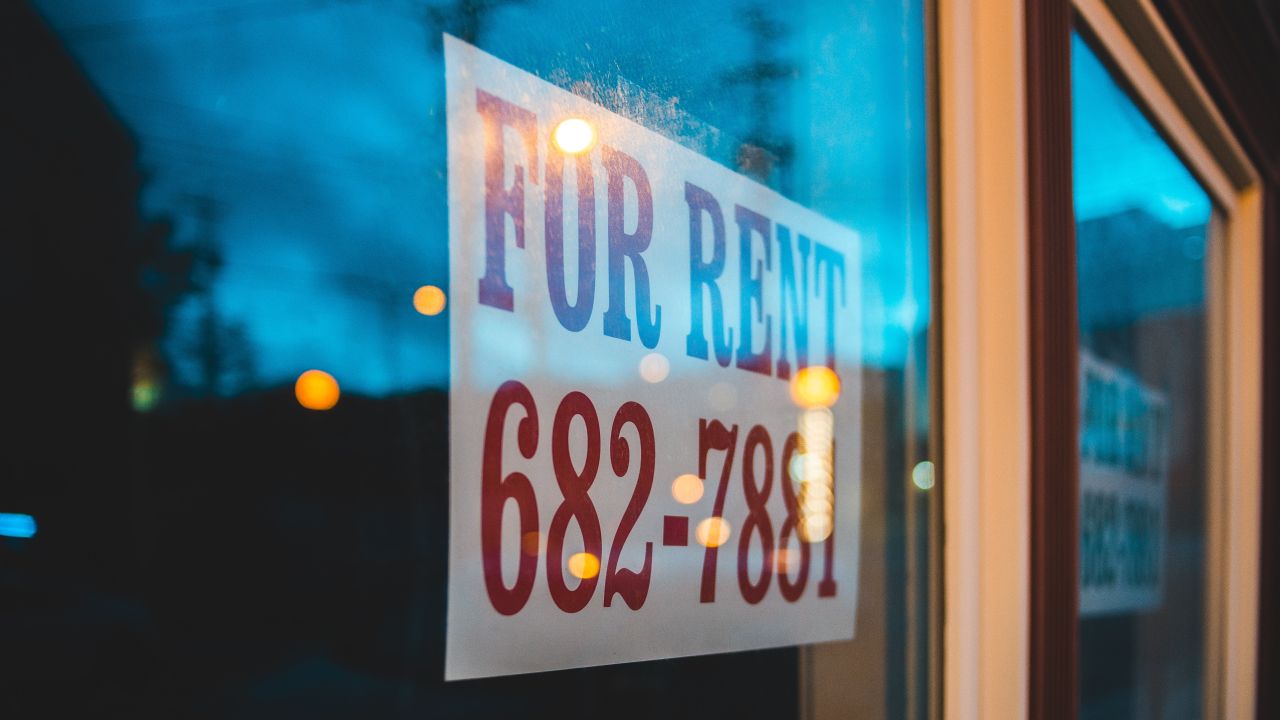Written by Chris Majerle, PCAM on September 24, 2019
Rental Management Edition
Your Tenant’s lease has expired and they are still living in your property. What can you do?
If a tenant has given or been given proper notice to vacate and remains in the property, this is termed a “Hold Over Tenant.”
Liability to Pay Rent
A tenant who unlawfully holds over after the termination of the lease is liable to the landlord for all actual damages caused by the holding over, and at the least, is liable for the apportioned rent for the period of holding over at the rate provided in the lease. Many leases do not allow for apportionment of the rent, so the hold-over tenant is liable for the full month of any hold-over period. In fact, some leases provide for rent 20%, 50%, or higher increases automatically during hold-over periods.
A landlord may be awarded judgment in Tenant-Holding-Over (THO) cases if the court finds that the tenant was personally served.
You may ask, “What if the tenant still is making payments, can I still seek to evict the tenant? Acceptance of payment after the notice to vacate is given, but prior to the eviction, does not constitute a waiver of the notice or a waiver of any judgment for possession, unless all parties have agreed in writing.
Eviction Procedure
Whenever the landlord has given to (or received from) the tenant proper written notice to vacate the premises, and the tenant does not comply, the landlord may make a complaint in the District Court for the county where the property is located. Most residential leases revert to month-to-month and continue forever until someone gives the proper notice as prescribed by the lease or the local law. Absent notice, a tenant merely remaining after the termination of the initial lease term is continuing lawfully under the same terms and conditions as contained in the initial lease. Proper written notice is required. The notice need not be served or sent certified, but either of those methods would support the testimony that the proper notice was given and no money judgment can be taken without personal service.
The court will issue a summons notifying the tenant to appear in court on the stated day to tell the court why the property should not be returned to the landlord. The constable or sheriff will serve the court summons on the tenants or post a copy of the summons in a conspicuous place on the property. The posting of the summons will be conclusively presumed to be sufficient service to support a judgment to restore the property to the landlord.
If after the hearing the court rules for the landlord, it will order the sheriff to remove the tenant from the residence. The court may also order the tenant to pay the landlord’s costs for filing and prosecuting the lawsuit suit.
The sheriff or constable must be present at the actual eviction of the tenant, as an officer of the court. As in any eviction, the sheriff will not participate in physically moving the tenant’s possessions. That is the landlord’s responsibility. The landlord will hire an eviction crew for this action. There are many companies that will serve as an eviction crew for you.
So if you have a “Tenant Holding Over” you as the landlord can use the court system to get the tenant removed from your property. Remember, eviction may allow a reasonable extension in the timeline required for notification deduction from the security deposit, but it does not relieve the owner from documenting damages and sending the notice.


